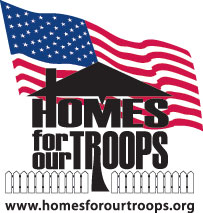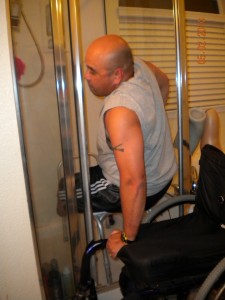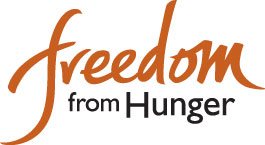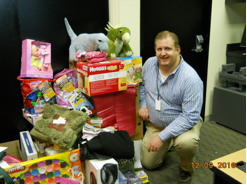 The world is experiencing a global housing crisis. According to the United Nations, about 1.6 billion people live in substandard housing and 100 million are homeless. Every week more than a million people are born in, or move to, cities in the developing world. Nearly one-third of the global urban population lives in slums. In the United States, 95 million people need safe, decent and affordable housing.
The world is experiencing a global housing crisis. According to the United Nations, about 1.6 billion people live in substandard housing and 100 million are homeless. Every week more than a million people are born in, or move to, cities in the developing world. Nearly one-third of the global urban population lives in slums. In the United States, 95 million people need safe, decent and affordable housing.
Founded in 1976, Habitat for Humanity is a global leader in addressing the issues of housing. Started in a small interracial community outside of Americus, Georgia, today Habitat and its tens of thousands volunteers work with thousands of low-income families to build affordable housing which is much more than a roof over someone’s head. In the clean, decent and safe housing Habitat builds, families create a stable environment in which to raise their children, their sense of dignity and pride grow and educational and job prospects increase. Equally important, a family’s health, physical safety and security improve. Thousands of local Habitat affiliates work in communities around the world to select and support homeowners, organize volunteers and coordinate the building of homes. Habitat is not a giveaway program. In addition to a down payment and monthly mortgage payments, homeowners invest hundreds of hours of their own labor into building their Habitat house and the homes of other Habitat families. Habitat houses are sold to partner families at no profit and financed with no-profit loans provided by local Habitat affiliates. The monthly mortgage payments are used to build more Habitat houses.

CEDAR RAPIDS, IOWA, USA (6/16/09)-During the 2009 Americorps Build-a-Thon, 500 Habitat for Humanity Americorps members and alumni helped 20 families build houses in the community hardest hit by the Iowa floods of 2008. © Habitat for Humanity International *
Habitat has build over 400,000 houses across the world, sheltering more than 2 million people in 3,000 communities worldwide. To donate, or learn more about Habitat for Humanity, click here.
YOU can vote for Habitat for Humanity International to receive a portion of our charitable contribution to commemorate First Preston’s 23rd birthday.








